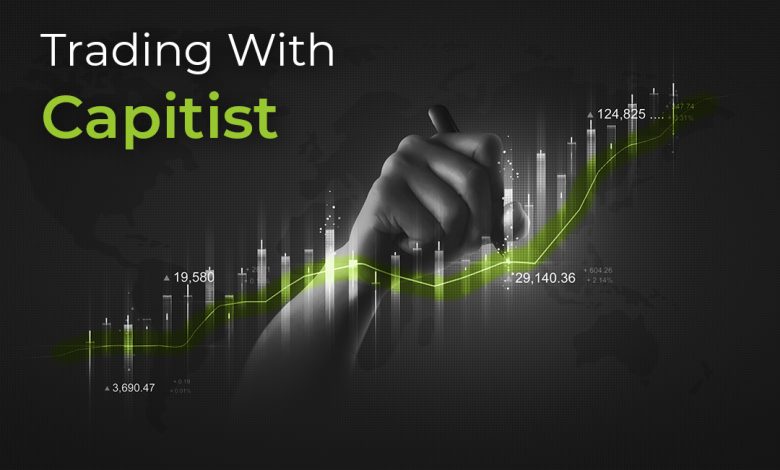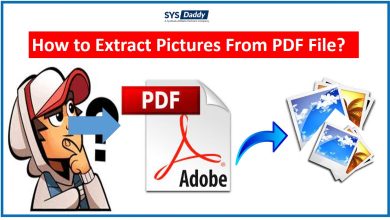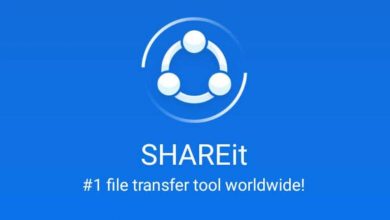
5 Essential Steps For Traders To Start Commodity Trading, Traders To Start Commodity Trading has evolved from placing orders on landline telephones to mobile devices, computers, and cell phones thanks to technological advances. Before this technological revolution, keeping up with the market was almost impossible when away from a landline or computer. The commodities investment required extensive expertise, experience, and technical knowledge back then. But now you can learn anything about any commodity within minutes.
Commodities trading
Through an application on their smartphones, amateur investors can trade commodities from the comfort of their homes or while vacationing on an exotic island. Commodities trading may be more convenient for some people if they have a broker that conducts the trading on their behalf. Brokers’ websites and Twitter feeds provide them with current updates, no matter which option they choose.
How To Start Commodity Trading?
Commodity trading can be a challenging undertaking for beginners and experienced traders alike. It is because the challenges are different from equity trading and other investment forms.
Trading in commodities is one of the most developed forms of trading, particularly in India. In response, several traders have turned to commodities after investing in equity and real estate.
Trading commodities is equally risky as equity trading, but it is also a money-making platform that helps traders make huge profits.
Commodity traders must keep in mind that success requires commitment, experience, and hard work before starting.
5 Essential Steps For Traders To Start Commodity Trading
It is essential for all traders before they begin trading in commodities to have a solid understanding of markets, commodities, and the economy that causes commodity price changes.
Commodity traders must also practice technical and fundamental analysis to make accurate decisions.
Before trading commodities, traders should know all the necessary details and requirements.
Traders also need to get familiar with several other aspects of the commodity market. Here are five simple and effective steps for starting a commodity trading business.
Step 1 – Getting Familiar About The Commodity Trading Exchanges
The first and most important step for a trader to start trading commodities is to get familiar with all commodity exchanges.
Step 2 – Selecting the Efficient Stockbroker
The next step in starting a commodity trading business is to select a trustworthy and efficient stockbroker.
Selecting an efficient stockbroking company is challenging because stockbrokers execute all trades.
Traders can also get information about commodity trading from brokers and make informed decisions based on their recommendations.
Traders should also be aware of what brokerage fees brokers charge, including clearing fees, platform fees, and commissions.
A trader should focus on the platform services a broker offers when choosing a broker.
A trader who is interested in starting commodity trading may find a number of full-service stockbroking companies that can provide excellent service.
Step 3 – Opening The Commodity Trading Account
A trader who has selected a reliable broker for commodity trading must then open a demat account as the next step. Applicants must fill out an application form and provide details such as their age, income, and financial status. Next, traders provide their broker with information which is then checked and analyzed. A company’s decision on whether or not to open a Demat account depends on the investor’s credit, trading experience, and risk-taking capabilities.
The broker must have analyze the information, which is necessary to ensure that if the market runs down, the traders can pay off their debts.
The Demat account is opened immediately once a broker approves an application from a trader.
Step 4 – Making An Initial Deposit
In order to get started trading commodities, traders must open a commodity trading account and make a small investment.
The initial margin, however, is generally equal to 5 to 10% of the value of the contract.
For example:
RS 3200 is the margin money for trading gold, which is 10% of the trading unit of gold. Traders must also maintain a maintenance margin in addition to their initial margin to ensure that their losses are covered if adverse market conditions occur.
Step 5 – Create A Trading Plan
Once all the formalities are complete for commodity trading, a trader can begin their commodity trading by creating a trading plan.
Knowing and understanding the market is paramount before developing a trading plan. A thorough understanding of his financial capacity, risk appetite, and personal style is also included.
It is too possible that one commodity trader’s trading plan will not be suitable for another.
As a result, the brokerage company provides the trader with information, knowledge, and practice.
The traders have access to all the necessary tools and platforms for fundamental and technical analysis in order to make good trading decisions.
Trading strategies should also be developed in accordance with the trader’s style and objectives.
Final Thoughts
Before starting commodity trading, a trader must be familiar with all the necessary information. Moreover, traders must practice all the techniques they are going to use to ensure that they do not lose more than they can afford.
The most important thing for a trader to succeed in commodity trading is to put a great deal of effort and dedication into preparing for the market stock.
The rise of commodity trading platforms
Trade in commodities platforms has been made much easier because of digitization. Investors can now trade commodities online if they have practical experience with commodities and know what factors influence their pricing. Online commodity trading platforms facilitate this online trading of commodities.
As its name implies, a commodity trading platform is a software that manages market positions via an online broker, opening, closing, and managing their trading. In exchange for maintaining a funded account and/or making at least a certain number of trades per month, brokers frequently offer them for free or at discounted rates.
Conclusion
Commodity trading platforms have greatly influenced commodity markets by allowing them to operate faster, more efficiently, and more freely. Digital security, computing capacity, and mobility are, however, its limitations.
A Commodity trading platforms have transformed the commodities markets by providing speed, efficiency, and freedom. However, mobile connectivity, computing power, and digital security are just a few of its limitations.




